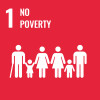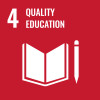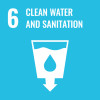Craftmanship that can change Lives
Vocational Training for Plumbers
The project empowers disadvantaged youth in Burkina Faso through comprehensive vocational training. Equipped with practical skills and entrepreneurial knowledge, young people gain new opportunities for a better future. Discover how craftsmanship can change lives!
BACKGROUND AND DEMAND
The need for well-trained plumbers is strong in Burkina Faso. However, there are hardly any vocational training courses in this field - and if there are, they are expensive and many people cannot afford them. There is a high demand for plumbers, especially in the fields of drinking water, sewage and sanitation. Sewage and sanitation facilities are still not sufficiently widespread in Burkina Faso.
Installations with poor hygienic conditions favour the spread of water-bound diseases. Furthermore, the supply of safe and clean drinking water is not guaranteed in many regions of Burkina Faso.
PROJECT ACTIVITIES
Through the project "Craftsmanship that can change lives", adolescents and young adults receive a three-year training course to become a plumber. Preference will be given to girls and young women in the coming years. The training comprises two one-year modules and takes place at the CAFOC - Centre d'Apprentissage et de Formation Continue, an education and training center in Ouagadougou.
SOCIAL PEDAGOGICAL SUPPORT
Since the school year 2021/22, a mediator/social counselor has been working as part of the project, additionally supporting young trainees with private and social issues. Many of the trainees come from difficult socio-economic backgrounds and family situations. Additional psychological support is extremely important so that they can be professionally accompanied even in the face of setbacks, increasing the chances that they will continue their training.
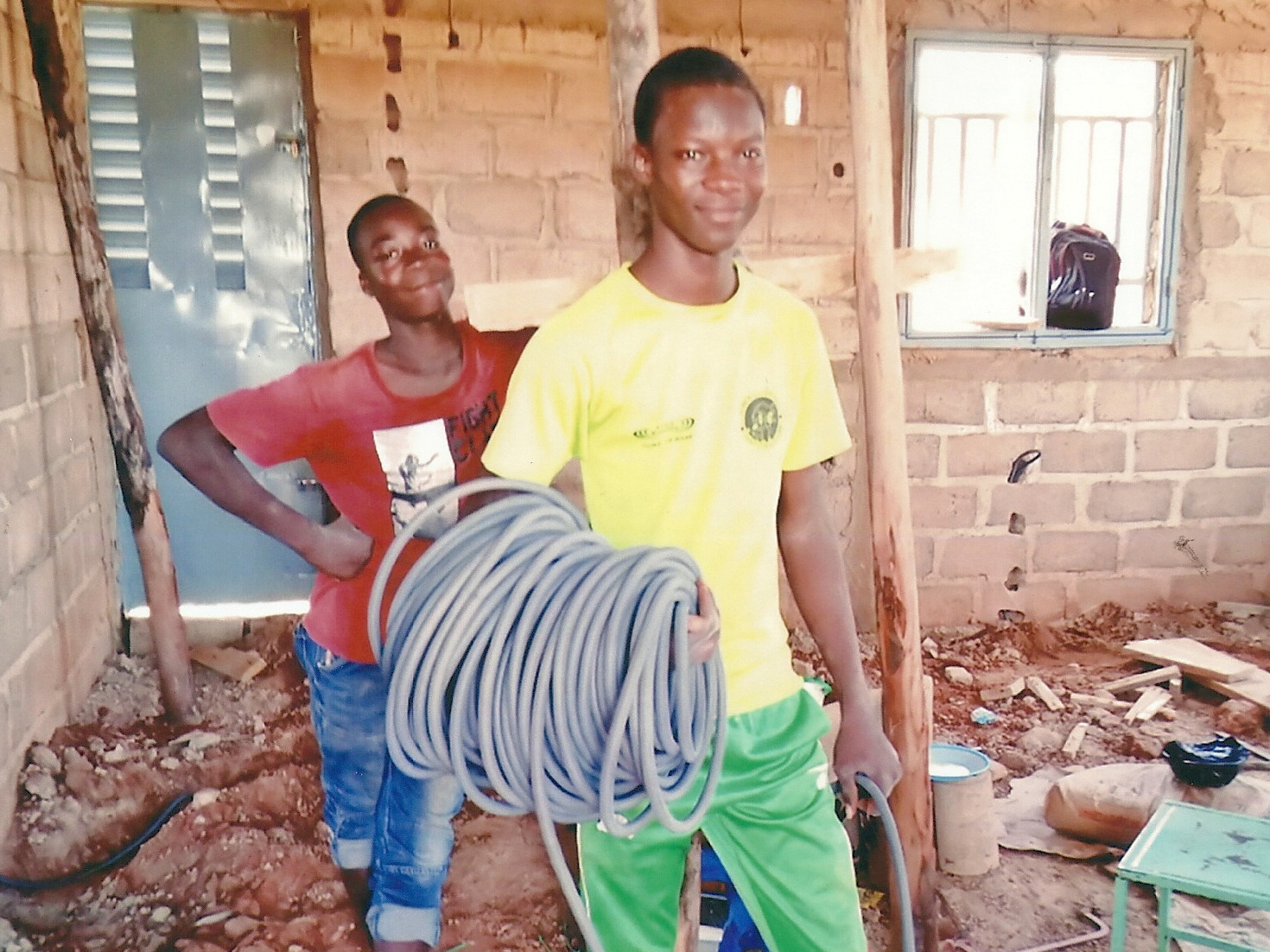
impact
MORE THAN PROFESSIONAL FUTURE OPPORTUNITIES
With this degree, graduates can gain a foothold in the local labour market and build a professional future. Women and youth unemployment as well as poverty are reduced through secure employment. Qualified specialists improve the drinking water, sewage and sanitation services in their region. In addition, the trainees act as multipliers in their communities. With the knowledge they acquire, they create awareness for preventive health and hygiene measures.
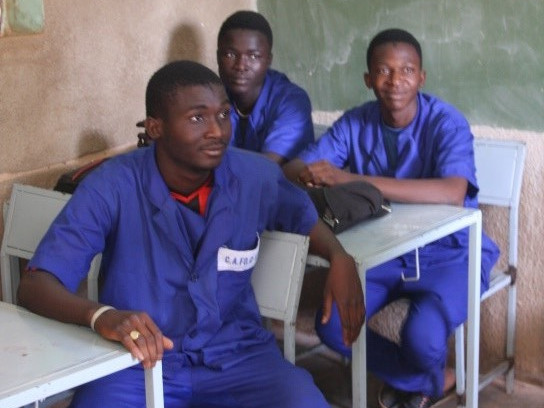
*The content of this publication has not been approved by the United Nations and does not reflect the views of the United Nations or its officials or Member States.

